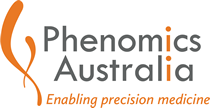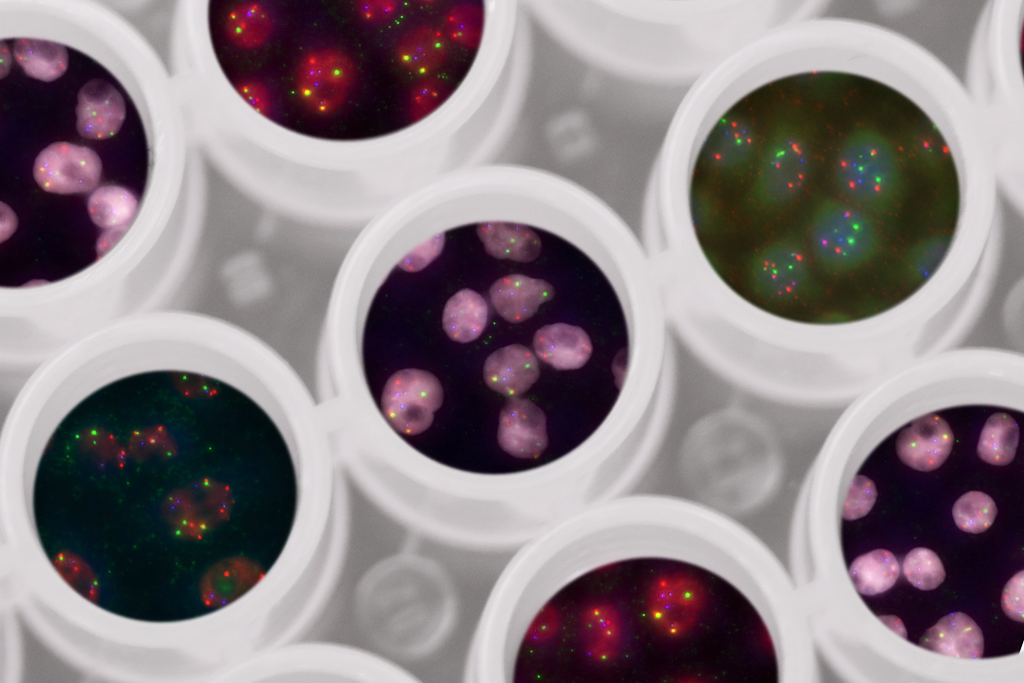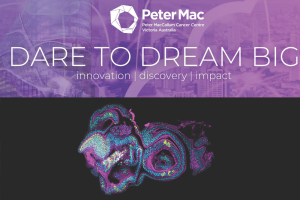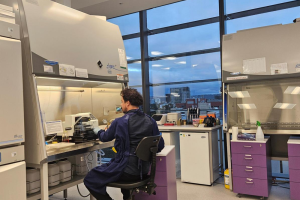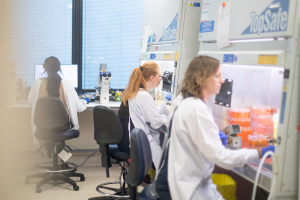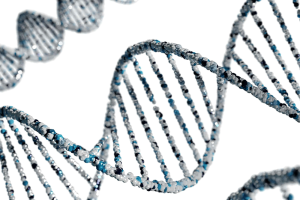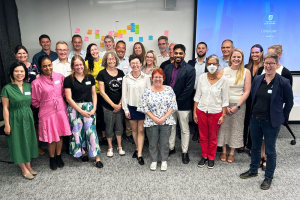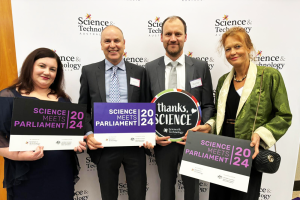The new additions to the in vitro Genome Engineering and Disease Modelling (In Vitro) Service will enable Phenomics Australia to offer a more comprehensive and enriched portfolio of sophisticated in vitro and non-animal technologies through the establishment of a new multi-node national service.
Through a collaborative consortium of nine new laboratories and facilities across eight institutions and five states and territories, the Phenomics Australia In Vitro service expansion is boosting Australia’s capability and capacity to understand the functional consequences of DNA sequence variation in the human genome for health and disease. The synergistic network of the service providers will deliver adaptable and scalable disease-modelling platforms for improved diagnosis, Precision Medicine for genetic disorders, and therapeutic development by both academia and the biopharmaceutical industry.
Phenomics Australia previously identified an emerging and steeply increasing need in Australia for an expanded and integrated range of non-animal technologies for the purposes of discovering gene function, modelling disease, and therapeutic development.
In vitro (non-animal, cell-based, or ex vivo) model systems offer increasingly powerful complementary approaches to animal models for the discovery of gene function and the genetic contributions to health and disease, in accordance with the application of the internationally recognise 3Rs principles (‘replacement’, ’reduction’, and ‘refinement’).
The advent of more state-of-the-art cell culture methods for using human induced pluripotent stem cells (iPSCs) and tissue-based 3D organoids is revolutionising the study of human disease and developing new therapies.
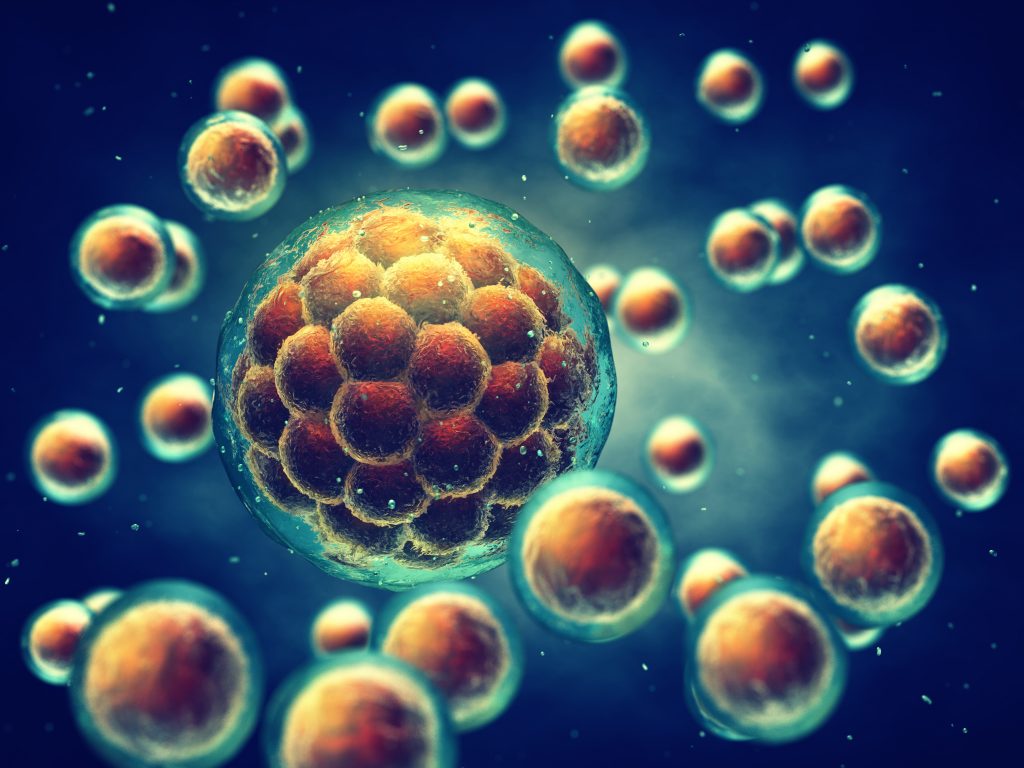
Typically generated from blood or skin from consenting individuals, iPSCs can be differentiated into most tissue types of the human body. Additionally, the ability to produce increasingly sophisticated 3D cultures from adult stem cells is enabling the modelling of organ-level biological processes and the study of the complex cell-cell interactions that contribute to health and disease
Meet Phenomics Australia In Vitro service provider scientific leaders
Dr Amee George is a Fellow and Group Leader in the Genome Sciences and Cancer Division, and Manager of the ANU Centre for Therapeutic Discovery (ACTD), at the John Curtin School of Medical Research at The Australian National University in Canberra, Australia. She obtained her PhD from the University of Melbourne in 2007, and during her career, developed a keen interest in high-throughput screening and the use of functional genomics-based approaches to investigate the molecular basis of disease, as well as identifying small molecule therapies for the treatment of disease. Her postdoctoral appointments have included the examining how angiotensin receptor signalling hijacks growth factor receptor pathways and leads to aberrant cell growth, as well as investigating how perturbations in ribosome biogenesis lead to the activation of the nucleolar surveillance response, which is an important molecular mechanism underlying some diseases of the ribosome (ribosomopathies), in particular, the congenital bone marrow failure disorder Diamond Blackfan Anaemia (DBA) as well as cancer. She has received funding from the Australian National Health and Medical Research Council (NHMRC), the Captain Courageous Foundation, Maddie Riewoldt’s Vision and Cancer Council ACT. Dr George has over 14 years’ experience in designing high-throughput screening assays and conducting high-throughput screens and with her role in the ACTD, works collaboratively with researchers to execute projects.
Dr Amee George
ANU Centre for Therapeutic Discovery (ACTD) - Australian National University (ANU)
Dr Louise Winteringham leads the Translational Cancer Research Program at the Perkins. She has an extensive background in immunology and haematology focusing on the molecular and cellular biology of cancer, in particular haematological cancers.
She completed her MSc in the Department of Clinical Immunology at Royal Perth Hospital investigating the impact of non-coding regions within the Major Histocompatibility Complex. Following three years working at St Bartholomew’s Hospital in London, Louise was awarded the Richard Walter Gibbon Fellowship from the Faculty of Medicine, Dentistry and Health Sciences at UWA to undertake her PhD so she returned to Perth where she joined the Leukemia Laboratory at WAIMR, headed by Professor Peter Klinken. Louise continued her work in cancer research focusing on the biochemical and cellular mechanisms that drive oncogenesis. She has identified several novel genes associated with the development and progression of cancer. In 2017 she initiated the Translational Cancer Research Program at The Perkins, developing collaborations with pathologists and surgeons to provide a co-ordinated approach to quickly move laboratory discoveries into cancer treatments. As part of this program, she has established pre-clinical models able to accurately evaluate new cancer treatments that modulate our own immune systems to fight cancer. These models are also being used to develop precision oncology medicine in combination with several omics technologies.
Dr Louise Winteringham
Translational Cancer Research Program - Harry Perkins Institute of Medical Research (Perkins)
Professor Helen Abud is a developmental biologist who is interested in how organs form and the environmental influences that regulate stem cells in normal tissues and tumours. Her laboratory utilises patient-derived organoids to investigate the role of stem cells in repair of the lining of the bowel, how infection can impact stem cells and personalised chemotherapy approaches for the treatment of cancer. Professor Abud is Head of the Department of Anatomy and Developmental Biology, Co-head of the Development and Stem Cells Program and Director of the Organoid Program at the Monash Biomedicine Discovery Institute. She is currently President of the Australian Society for Stem Cell Research. Professor Abud initially trained at WEHI before undertaking her doctorate at Oxford University in Developmental Biology. This was followed by postdoctoral training in the Department of Anatomy (Oxford), Peter MacCallum Cancer Centre and Ludwig Institute for Cancer Research (Melbourne) before establishment of her research program at the Monash Biomedicine Discovery Institute where she combines her passion of teaching and mentoring students with research.
Prof Helen Abud
Monash Organoid Program - Monash University (Monash)
Dr. Sara Howden is a recognized leader in human reprogramming and genome engineering technologies. As a National Health and Medical Research Council postdoctoral fellow at the University of Wisconsin, working with Professor James Thomson, she established an improved episomal reprogramming system, enabling the efficient generation of induced pluripotent stem cells (iPSCs) from human fibroblasts using xeno-free conditions. She has extensive experience with genome engineering technologies and was the first to report targeted gene repair in patient-specific iPSCs. She has subsequently developed novel Cas9 variants for improved gene-editing outcomes and a one-step protocol that enables the rapid and efficient generation of gene-edited iPSC from human skin or blood. These methodologies have been adopted by many researchers in the international stem cell research community and are routinely applied within the MCRI Gene-editing Core Facility, which was established by Dr. Howden in 2017 and has generated hundreds of custom edited iPSC lines for researchers locally and internationally. Dr. Howden has also generated a large variety of lineage-specific reporter lines which has led to improved methods for the directed differentiation of iPSC-derived cell types and tissues. Many of these resources have been widely distributed and are publicly available through the facility.
Dr Sara Howden
Induced Pluripotent Stem Cell (iPSC) Derivation & CRISPR Gene Editing Facility - Murdoch Children’s Research Institute (MCRI)
A/Prof Kaylene Simpson is a molecular cell biologist who has headed the VCFG for 14 years. She has a wealth of experience in assay development and data interpretation and contributes intellectually to all projects. She supports a team of highly experienced scientists to deliver project management and training across a wide range of functional genomics applications including CRISPR, RNAi and compound screening using 2D and 3D models. Her team develop new technologies, tools and custom analysis algorithms and she is committed to enabling researchers access and guidance to ensure the best project outcome. She has initiated and coordinated an annual national conference, Functional High Throughput Technologies Australia since 2010 (www.fhtta.com). She is a founding member and past President of the Society of Biomolecular Imaging and Informatics, www.sbi2.org. She is currently an Associate Editor for Cancer Research Communications, with an emphasis on FAIR data principles and data sharing.
A/Prof Kaylene Simpson
Victorian Centre for Functional Genomics (VCFG) - Peter MacCallum Cancer Centre (PeterMac)
Christine Wells is Professor of Stem Cell Systems and Director of the University of Melbourne Centre for Stem Cell Systems. She is a genome biologist with a focus on the differentiation and activation of mammalian cells, and a particular interest in the intersection between innate immunity and stem cell biology in tissue injury and repair.
She is the architect of the Stemformatics collaboration resource that encourages collaboration between stem cell researchers and bioinformaticians, biostatisticians and computational biologists.
Professor Wells graduated with a Bachelor of Science from the University of New England in 1988. She gained experience in stem cell sciences, genetics and genomics at various positions in Australia and at the UK Medical Research Council, MRC Harwell before undertaking postgraduate studies at The University of Queensland. She gained a Doctor of Philosophy in 2004. Over the past decade she has worked at Griffith University, The University of Glasgow and The University of Queensland, developing a program of research in genomics and bioinformatics, and the application of these to better understanding of stem cell biology, tissue injury and repair. She leads a program of research that encompasses three pillars of impact and output: (1) the development and direction of community-focused collaboration platforms to enable adoption of omic data by clinicians and stem cell biologists. (2) Method development in the integration, analysis and visualisation of genomic datasets and (3) strategic application to projects that enable gene discovery and characterisation in both stem cell biology and innate immunity. Her laboratory works to the principle of biological insight through data accessibility and reproducibility and a founding ethos of her laboratory is collaboration.
Prof Christine Wells
Centre for Stem Cell Systems - University of Melbourne (UMelb)
Prof. Alice Pébay obtained a PhD in Neurosciences from the University of Paris VI in 2001 and subsequently joined Professor Martin Pera at Monash University to undertake research on human pluripotent stem cells. She then continued her research in this area at the University of Melbourne where she commenced in 2007. Alice’s team aims to use patient specific pluripotent stem cells to model neurodegenerative diseases of the eye and brain. Alice has a proven track record in generating iPSCs and differentiating them into various cell types for disease modelling including those affecting the central nervous system and the eye. Alice and her collaborators have pioneered the use of automation for human pluripotent stem cell research in Australia, enabling the streamlining generation and maintenance of iPSC-derived cells from hundreds of patients. Alice was awarded a National Health & Medical Research Council (NHMRC) Career development Fellowship in 2012, subsequently an Australian Research Council Future Fellowship in 2014 and is now a NHMRC Senior Research Fellow. Alice is the primary inventor of three granted international patents related to stem cell technology.
Prof Alice Pébay
Stem Cell Disease Modelling Laboratory - University of Melbourne (UMelb)
Professor Ernst Wolvetang is a senior group leader at the Australian Institute for Bioengineering and Nanotechnology at the University of Queensland (Australia) where he leads a research team that employs human induced pluripotent stem cell derived brain organoids as in vitro disease models for monogenic and complex neurological diseases. Leveraging these “human brain in a dish” models he aims to understand how genetic mutations cause diseases that affect the brain during development and later in life, and to identify and test therapeutic approaches that can improve patient health outcomes.
Prof Ernst Wolvetang
Stem Cell Engineering Laboratory, Australian Institute for Bioengineering and Nanotechnology - University of Queensland (UQ)
Professor Sally Dunwoodie BSc PhD FAHMS is an internationally renowned biomedical researcher investigating the genetic and environmental causes of birth defects, and Deputy Director at the Victor Chang Cardiac Research Institute. She is Director of the VCCRI Innovation Centre which provides researchers with access to equipment and expertise in facilities that enable molecular, pre-clinical and clinical research.
“Collaboration and ready access to specialist platforms and expertise has a significant impact on the quality of research output, the speed with which it is generated, and the impact of the new information. Importantly it also provides crucial training opportunities across disciplines for researchers. Our partnering with Phenomics Australia to generate induced pluripotent stem cells will have many benefits for those engaged in medical research.”
Prof Sally Dunwoodie
Stem Cell Production and Cell Function Screening Service - Victor Chang Cardiac Research Institute (VCCRI), VCCRI Innovation Centre
Dr Alexander Combes is Head of the Development and Disease laboratory at the Monash Biomedicine Discovery Institute. His research investigates kidney formation and birth defects in animal models and applies developmental principles to engineer new stem cell models of human kidney disease.
At Phenomics Australia, Dr Combes heads an expert team dedicated to generating new cellular and animal models of disease with CRISPR gene editing and traditional approaches. They also facilitate import and use of mouse ES cells from international repositories and provide cryopreservation facilities mirroring those at the ANU, to safely store mouse lines.
“Our work at Phenomics Australia enables academic and industry bodies across the nation to investigate disease mechanisms and develop new therapies to address our national health priorities. We aim to provide equitable and economical access to the latest technologies to support Australia’s biomedical research community.”
Dr Alex Combes
Monash Genome Modification Platform - Monash University (Monash)
Contact us to know more about how we can help with your in vitro research.
Additional information
– Phenomics Australia deploying national non-animal disease modelling expertise.
Phenomics Australia provides a national centre of expertise and service provision to deploy a more comprehensive and sophisticated range of in vitro Genome Engineering and Disease Modelling capabilities to understand the functional consequences of DNA sequence variation in the human genome for health and disease while maintaining the expertise for in vivo disease modelling and genome engineering. To meet the high demand for adaptable and scalable disease-modelling platforms for improved diagnosis, Precision Medicine for genetic disorders, and therapeutic development by both academia and the biopharmaceutical industry, Phenomics Australia offers In Vitro services through a collaborative consortium of ten laboratories and facilities across Australia, operating at ANU (AG), Perkins (LW), Monash (HA, AC), MCRI (SH), Peter Mac (KS), UMelb (CW & AP), UQ (EW), and VCCRI (SD)
